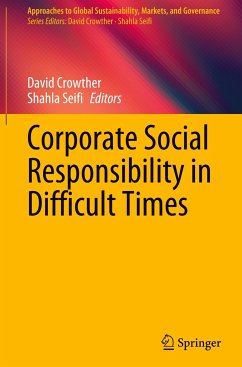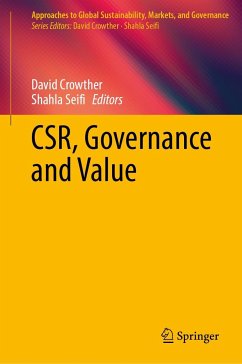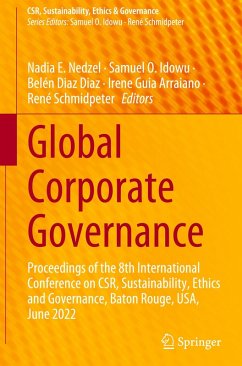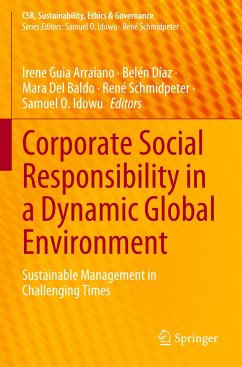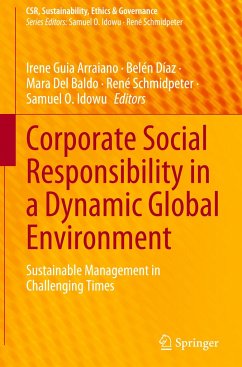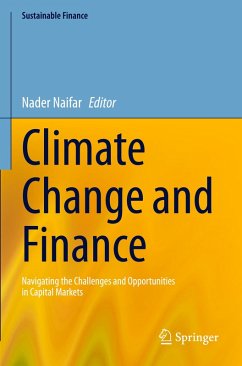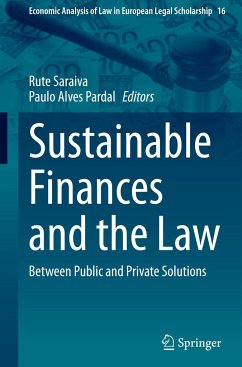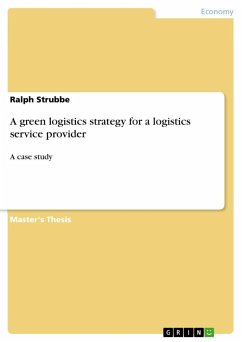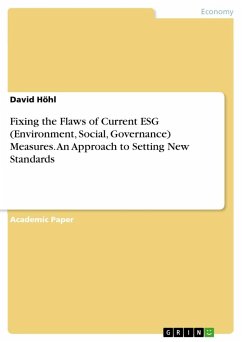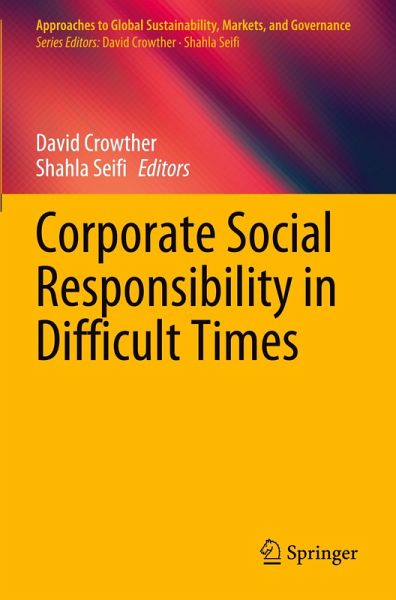
Corporate Social Responsibility in Difficult Times
Versandkostenfrei!
Versandfertig in 6-10 Tagen
129,99 €
inkl. MwSt.

PAYBACK Punkte
65 °P sammeln!
It has been fairly traumatic for everyone and every organization over the last couple of years as we have had to deal with the coronavirus pandemic. It has certainly been a shock to the economic system of the world from which many are still recovering. Equally it has affected social systems and the environment, the effects of which are still being felt and will be felt for some time to come. In addition, there has been a fairly general economic crisis around the world as people struggle and adapt to the new environment. Certainly, there have been and will be changes which are likely to become ...
It has been fairly traumatic for everyone and every organization over the last couple of years as we have had to deal with the coronavirus pandemic. It has certainly been a shock to the economic system of the world from which many are still recovering. Equally it has affected social systems and the environment, the effects of which are still being felt and will be felt for some time to come. In addition, there has been a fairly general economic crisis around the world as people struggle and adapt to the new environment. Certainly, there have been and will be changes which are likely to become permanent.
While recovering from one crisis however another is becoming more significant as climate change and its effects start to become ever more apparent. So, it seems inevitable that difficult times will continue into the future. This book therefore sets out to examine aspects of the changes to corporate and institutional behaviour which have come about by the difficult times of needing to deal with past and future crises. The international origins of the contributors to this volume make this very original, taking some of the best ideas from around the world. This approach is based on the tradition of the Social Responsibility Research Network (SRRNet.org), which in its 20-year history has sought to broaden the discourse and to treat all research as inter-related and relevant to business. This tradition has always been to explore the subject widely and to seek relevant solutions, while also sharing best practice.
While recovering from one crisis however another is becoming more significant as climate change and its effects start to become ever more apparent. So, it seems inevitable that difficult times will continue into the future. This book therefore sets out to examine aspects of the changes to corporate and institutional behaviour which have come about by the difficult times of needing to deal with past and future crises. The international origins of the contributors to this volume make this very original, taking some of the best ideas from around the world. This approach is based on the tradition of the Social Responsibility Research Network (SRRNet.org), which in its 20-year history has sought to broaden the discourse and to treat all research as inter-related and relevant to business. This tradition has always been to explore the subject widely and to seek relevant solutions, while also sharing best practice.



